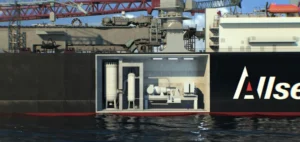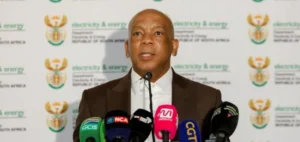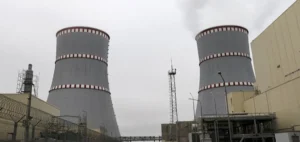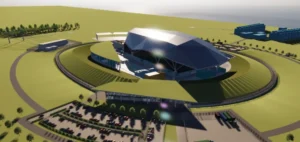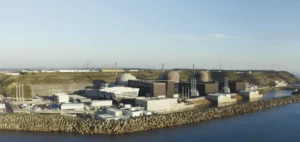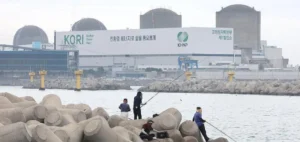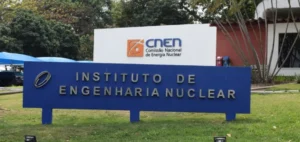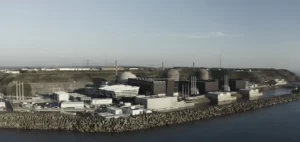The European Commission is set to present its Affordable Energy Action Plan on February 26, outlining concrete short-term measures to improve competitiveness, affordability, security, and sustainability in Europe’s energy sector.
EU Nuclear Alliance Meeting
On February 18, the EU Nuclear Alliance, representing eleven member states, met with the European Commission to discuss integrating nuclear energy into the plan. Representatives from Belgium, Bulgaria, Croatia, Czech Republic, France, Hungary, the Netherlands, Romania, Slovakia, Slovenia, and Sweden signed a joint statement emphasising the importance of nuclear in Europe’s energy mix.
Arguments for Nuclear Energy
The statement highlights that nuclear power plants provide benefits that extend beyond the borders of the member states that operate them. They stabilise the shared electricity grid and the European electricity market. According to the Alliance, without such low-carbon energy sources, the European Union will not be able to provide affordable, reliable, and abundant energy to its citizens while achieving net-zero by 2050.
Recommendations for Nuclear Development
The Alliance urges the Commission to develop a framework that facilitates the expansion of nuclear energy across Europe. This includes supporting the nuclear value chain, fuel production, research, innovation, and the development of specialised skills. The acceleration of small modular reactor (SMR) deployment is also recommended.
Clarification of Technology Neutrality Principle
The members of the Alliance call on the Commission to clarify how the “technology neutrality principle” will be applied and how it plans to create a supportive ecosystem for the deployment of new nuclear capacity in the EU, including SMRs, as well as extending the operational life of existing reactors.











